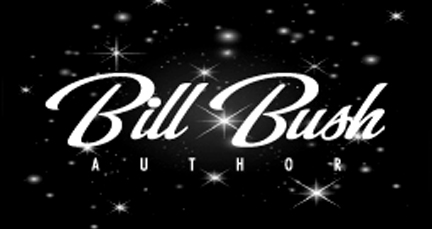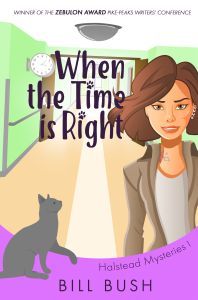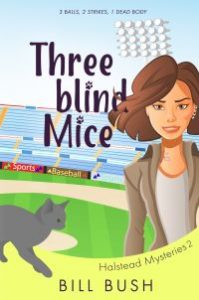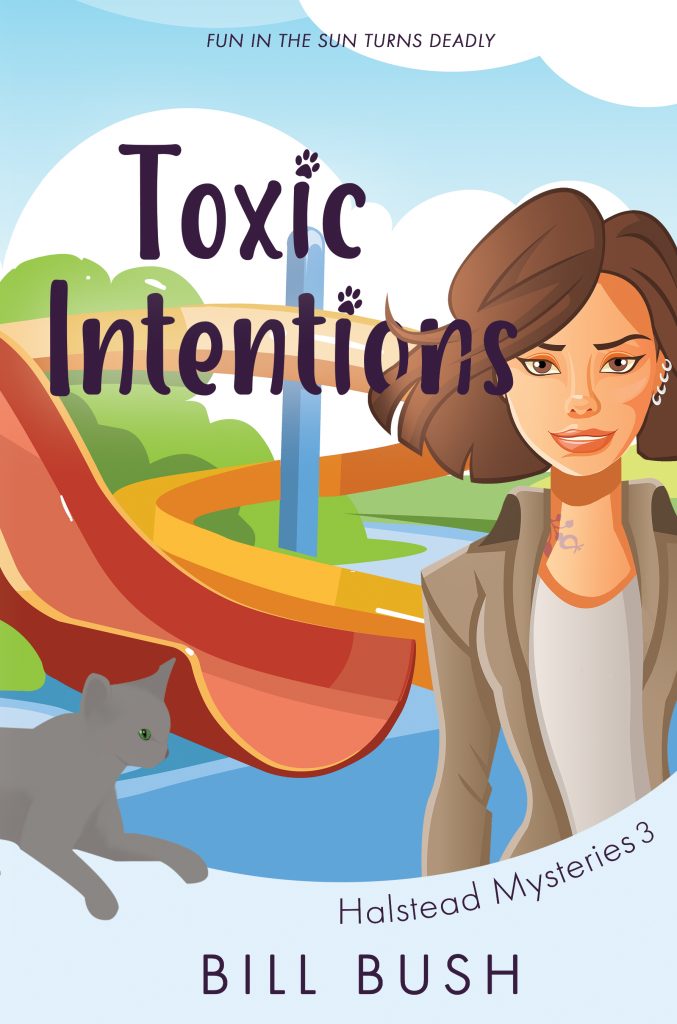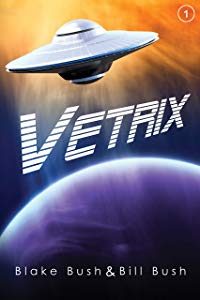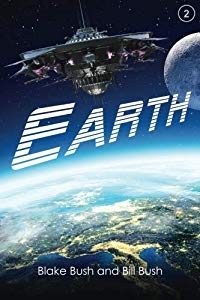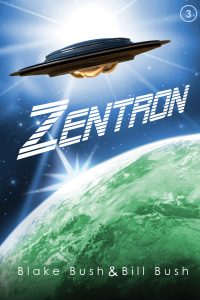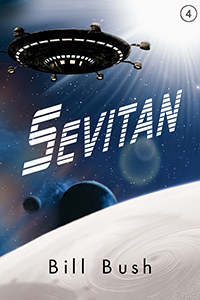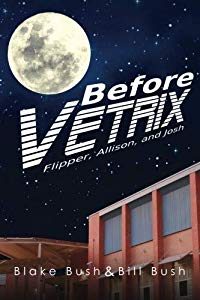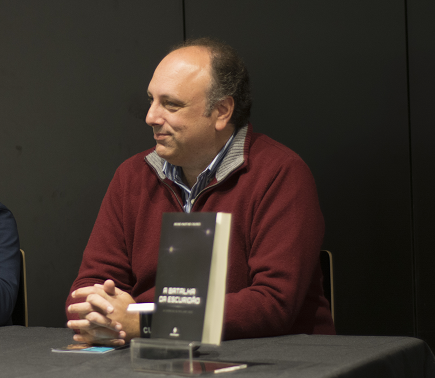
Biography
I don’t really know how old I was when I started writing stories. I wrote them for school, I’m certain, but the first time I wrote without any academic goal I was 12, I remember that much. I just loved reading and stories and the books I laid hands on didn’t last that much and I had so many stories in my head I just started playing with them until it was impossible not to write them down. I kept writing different stuff.
When I was 22, a friend of mine incited me to enter one of the largest and most prestigious Young Writers’ contests in Portugal. I did and won an Honorable Mention. I tried again two years later and won it. I went to Torino and them Rome and Sarajevo, representing my country as a Young Writer. One of the best times of my life.
Then, one day, I decided to write a Scifi novel I had been chewing on for some time: The Saga of Alex 9. I showed it to a publisher who’d just included a short story of mine in an anthology, and he loved it. I was a published novelist one year later, and soon was featured in a series alongside names like George R.R. Martin or Bernard Cornwell, hailed as an author to recon with in Portuguese Scifi. How about that?
I wrote more novels and worked in movies, TV and plays. I’ve done a lot of things in my career, but overall, I’ve been writing professionally for 20 years.
Share a little bit about your horror novel, INSIGHT.
It’s a small stand-alone psychological thriller with supernatural tones. It’s the story of Matt, a psychologist in a small US town whose wife recently died and whose 9-year-old son, Sam, stopped talking. And then strange things begin to happen – the ghost of his wife starts to appear, Sam seems to develop supernatural powers and there’s a strange man in a dark suit following him. When his son is kidnapped, Matt dives into a spiral of unexplained events and he’ll have to do the unimaginable to save his family.
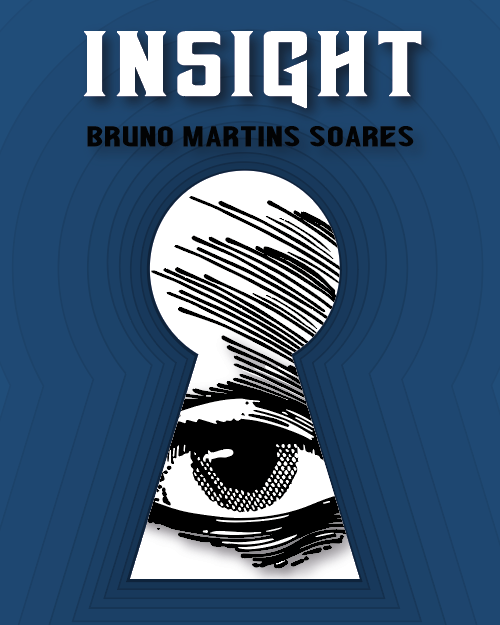
What drew you to write in the horror genre?
Well, pragmatism, I guess. I love speculative fiction – Scifi, Fantasy, Horror. Of these, horror was the one that attracted me the least. But when I was writing movie scripts, it turned out horror were the cheapest movies to make in these genres, so I wrote a few horror scripts and was struck by the fact that it is a genre that draws you closer to reality and real people than the other two. It’s not about technology or magic, it’s about our inner demons and psyche. And that is something that really interest me.
How did you get started writing fiction?
I love stories since I can remember. And I was a storyteller from the start. But I grew up watching my father reading books. Every day before or after lunch or dinner he would sit in his chair and read a novel. A crime novel, as it happens. Or a spy novel. He hated SciFi («Those are things that don’t happen and will never happen.» – i.e. «old ladies solve murders all the time.»), and Fantasy was obviously (obviously!) for kids.
Still, some of the first novels he gave me to read were from Edgar Rice Burroughs or Jules Verne. And that was besides all the comic books I read – the pride of my collection was a 50cm-long special edition of ‘Flash Gordon’. At 16 I read Frank Herbert’s ‘Dune’ for the first time, and loved it. Its intimate style still stays with me after all this time. As well as authors as Boris Vian, or Virginia Woolf.
But then, movies. I love movies. Much of my writing skills, my plotting skills, my ‘lay-down-the-scene’ skills, came from movies. I’d stay here a long time talking about it, so I’d better shut up. Seriously, when I was a kid, I would narrate every single scene from a movie I enjoyed to some poor family member I was able to trap. I was nasty! So don’t get me started!
You have published a number of books and from a glance at your Amazon author page they include multiple genres. In which genres do you write? Do you have a favorite genre?
Yes, I started with realistic literature. For a long time I wrote that, won awards, was published. But then I decided to turn to my long-lasting stifled passion – speculative fiction. I then published my first Scifi Trilogy, a crazy action-packed Scifi novel with a Fantasy structure: THE ALEX 9 SAGA; in the future, with magnetic weapons, space ships, space battles, but also samurai swords, cavalry charges, knights, bows and arrows, phalanxes and other infantry formations, huge battles. It’s still only published in Portuguese, but it will come out soon in English, I hope.
From then on, I was hooked on these kinds of stories. I still write realistic fiction from time to time, but all my novels/series so far have been speculative fiction: THE DARK SEA WAR CHRONICLES (space opera), LAURA AND THE SHADOW KING (post-apocalyptic) and INSIGHT (horror/psychological thriller).
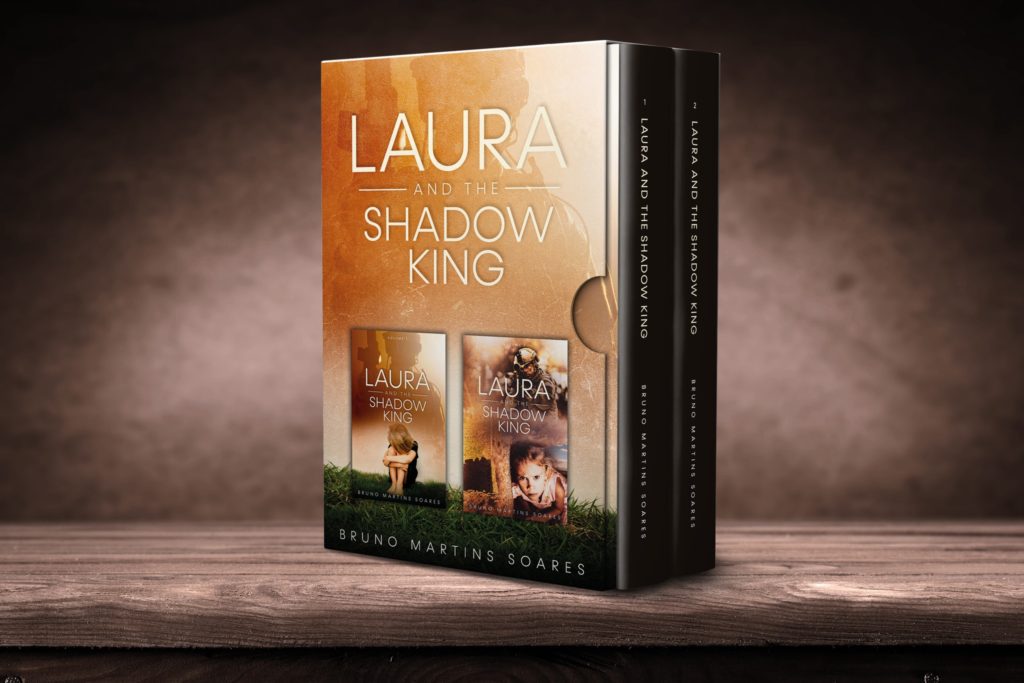
You have quite a background that includes writing for newspapers, magazines, and doing research. How did you settle on writing fiction over journalism?
I always wanted to write fiction and indeed I did write fiction continuously since I was 12. However, after coming out of Business School in my mid-twenties, I suddenly got an invitation to go to Sarajevo with other award winners, writers included, to prepare an international arts fair. This was 1998 and Bosnia was fresh out of civil war. I then contacted one of the largest newspapers in Portugal and asked them if they wanted a chronicle of a young writer going to Sarajevo. They replied: ‘We want three, and why don’t you come work for us?’ And so I did.
After a couple of years I was looking for a job and sent CV’s to all kinds of publications around the world. I had 3 replies: Ideias&Negócios, one of the most prominent business magazines in Portugal at the time (ended up writing for them for 3 years); The Washington Post (helped them with a couple of stories, doing research and liaison in Portugal); and Jane’s Defense Weekly (was Portugal’s international correspondent for 4 years).
After 4 or 5 years, journalism was beginning to fall into a crisis and pay was lousy, so I stopped doing it. I did write a few more pieces for some publication – including literary and economic publications, for the Department of Tourism, for Pirelli and Goodyear, and other companies – but not as a regular occupation. So I’ve been writing fiction for 38 years, but have only a few years of journalism.
What advice would you give to someone starting out as a fiction writer?
Don’t freak out once you figure out it’s not as easy as it seems. Just write and write and write. Have fun. Most of all, don’t try to be a writer. Studies say writers are the happiest professionals out there, but I think that’s because so few get to be professionals. Most of us never make it. So write because it’s fun, because it’s a part of you, because it allows you to express yourself, because you have stories in your head that need to go somewhere. Just write. If you do it enough and if you learn a lot each step of the way and if you get lucky, then one day it will be the center of your life and you’ll be a writer and, if you start being paid for it, you’ll be a happy one.
What is your favorite aspect of writing?
Imagining the story, the twists and turns, and the characters, and the dialogues. And then, all of a sudden, somebody will tell me: ‘I loved your book!’ and that’s the best feeling ever!
You grew up in Portugal and it appears have traveled fairly extensively. Does your exposure to various parts of the world play into your stories?
I haven’t traveled half as much as I’d like. Portugal is known for discovering the world. We were the first Europeans in Brasil, in Australia, in Japan, in Angola, in Mozambique, around the Cape of Good Hope, to arrive by sea in India and in China.
We don’t really believe we’re at the center of the world. We always traded and related with many around the globe (we did our share of mischief as well, of course). But we’re a small nation of 10 million. Somehow, we believe it’s the relationships we have with others that make us strong. So, in a way, yes. All my series have characters of different cultures and I try to make them really different between themselves. I hope I’m successful in that.
What do you like to do when you aren’t writing?
Difficult to say. I strive to have routines and somehow I always fail. I like to be with friends, to cook, to read and watch TV. I struggle with my two terrorist ginger cats to prevent them from taking over the world. I argue with my partner Ana about absolutely nothing and learn the craziest things from my stepdaughter Diana. Once in a while, I play games in my computer.
I like hanging around in a coffee shop and have an espresso while I look at people going about their business. I go to the butcher shop and to the fruit store and order things from the supermarket. I have a couple of clients for HR consulting I advise and serve a few hours a day. And things like that. It’s a hard question…
What does success look like for you as an author?
To sell. I never really had a problem in publishing – I always was able to publish, either by myself or traditionally. But selling enough to pay de bills, that’s another story altogether. It’s hard work. Success as an author, for me, would be to sell enough to have a nice income at the end of the month and don’t worry too much about it. That’s it. To earn my living doing what I love.
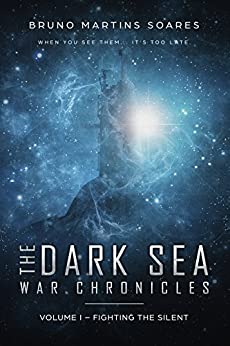
Anything additional you want to share with readers?
I won the Young Creators National Award for Writing in ’96, and represented my country in fairs in Torino, Rome and Sarajevo. I was in Sarajevo when Clinton decided to bomb Belgrade, which was a little bit scary, but not so much as the earthquake we felt a few days earlier.
Overall, it was a special experience for me. I was there 3 years after the Civil War and scars were everywhere. Every single wall had bullet holes in it and some quarters the windows were still covered with United Nations’ plastic, as no window had survived the war.
But the worst scars I saw were in the eyes of people around me. You could see they had all gone through Hell. Sarajevo is separated in two by a river and during the war, no-one could go from one side to the other without being shot by snipers. And children could only play outside when there was fog.
These kinds of stories were very impressive to me. I wanted to go there because I wanted to learn for myself, up close, the real consequences of war, and I did see them.
My parents were involved in the Portuguese Guinea Independence War, and I knew they had been scarred by it. And I’m fascinated by those extreme events. War brings out the best and the worst in people. That’s a little bit what I try to show in my writings.
Both LAURA AND THE SHADOW KING and THE DARK SEA WAR CHRONICLES are about war and its consequences, even though the most important themes in them are resilience and hope. A couple of years ago, the Portuguese version of THE DARK SEA WAR CHRONICLES won the Adamastor Award for Fantastic Writing, which was my latest award and one I’m really proud of.
I was chosen by Sweetycat Press as one of the international Emerging Writers of 2020, which is another honor I love.
Here are a few links where you can reach me and find my books:
Webpage
Amazon
Goodreads
Facebook
Excerpt
“Her eyes told him it was too late. Her face, her pale void face, told him it was too late. He looked around, helpless. What could he do? What was there to do? What was there to help him? What should he do?
That’s when he saw him. Sam. The boy. On top of the stairs. Frozen. Looking down. Unable to move. And he could feel his shock. And he cried loud. ‘Sam! Go to your room! Your mom is fine! Go to your room!’
That’s what he wanted to say. That’s what he wanted to say for his son’s sake. But what came out of his mouth was a wail. A long, hopeless, desperate wail. And tears came pouring out of his eyes. Like a waterfall bursting through a rock. And another wail came out. And another. And Sam wouldn’t move. He wouldn’t move. He stood there. On top of the stairs. Emotionless. And he hadn’t shown any obvious emotion since then.”
